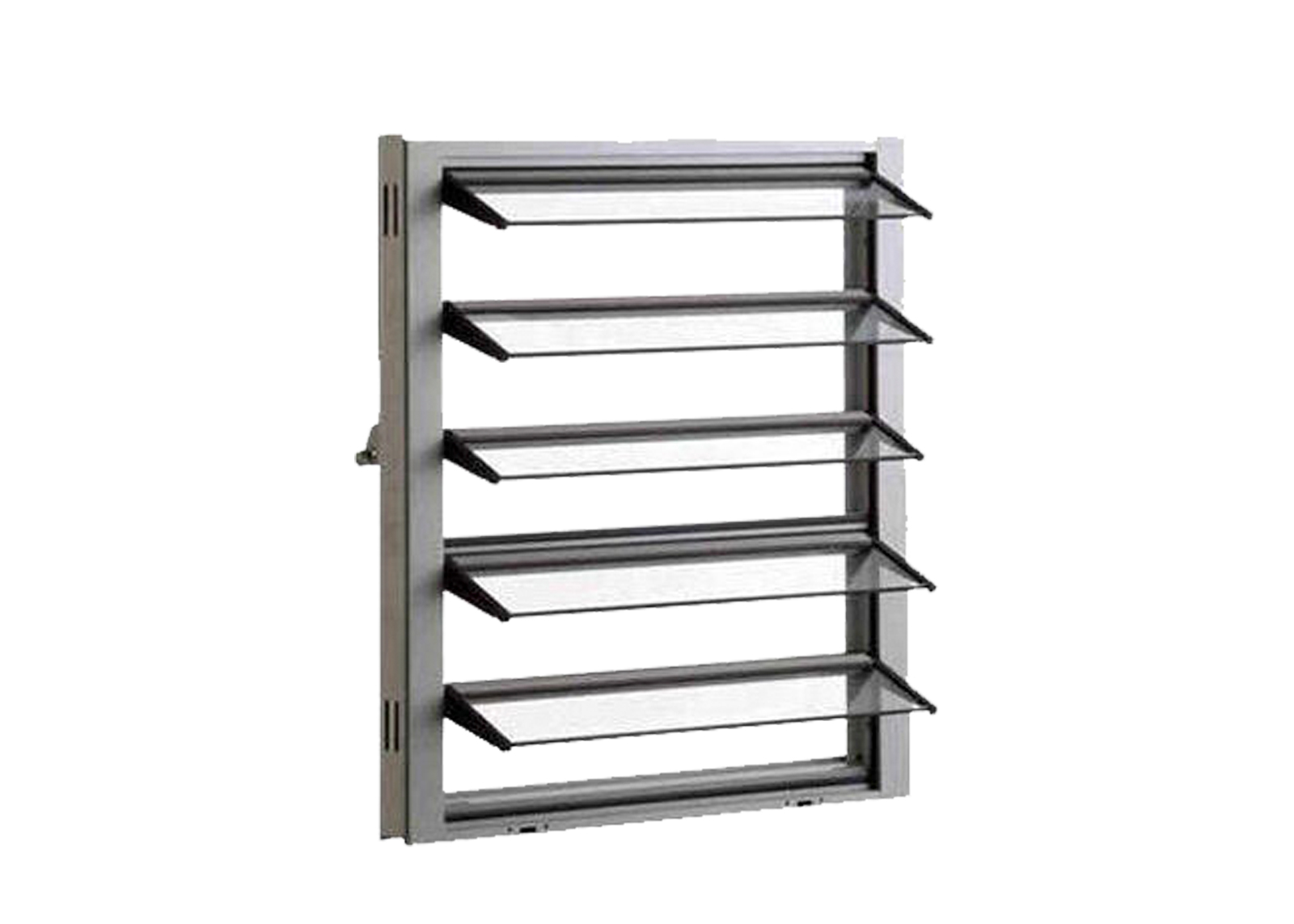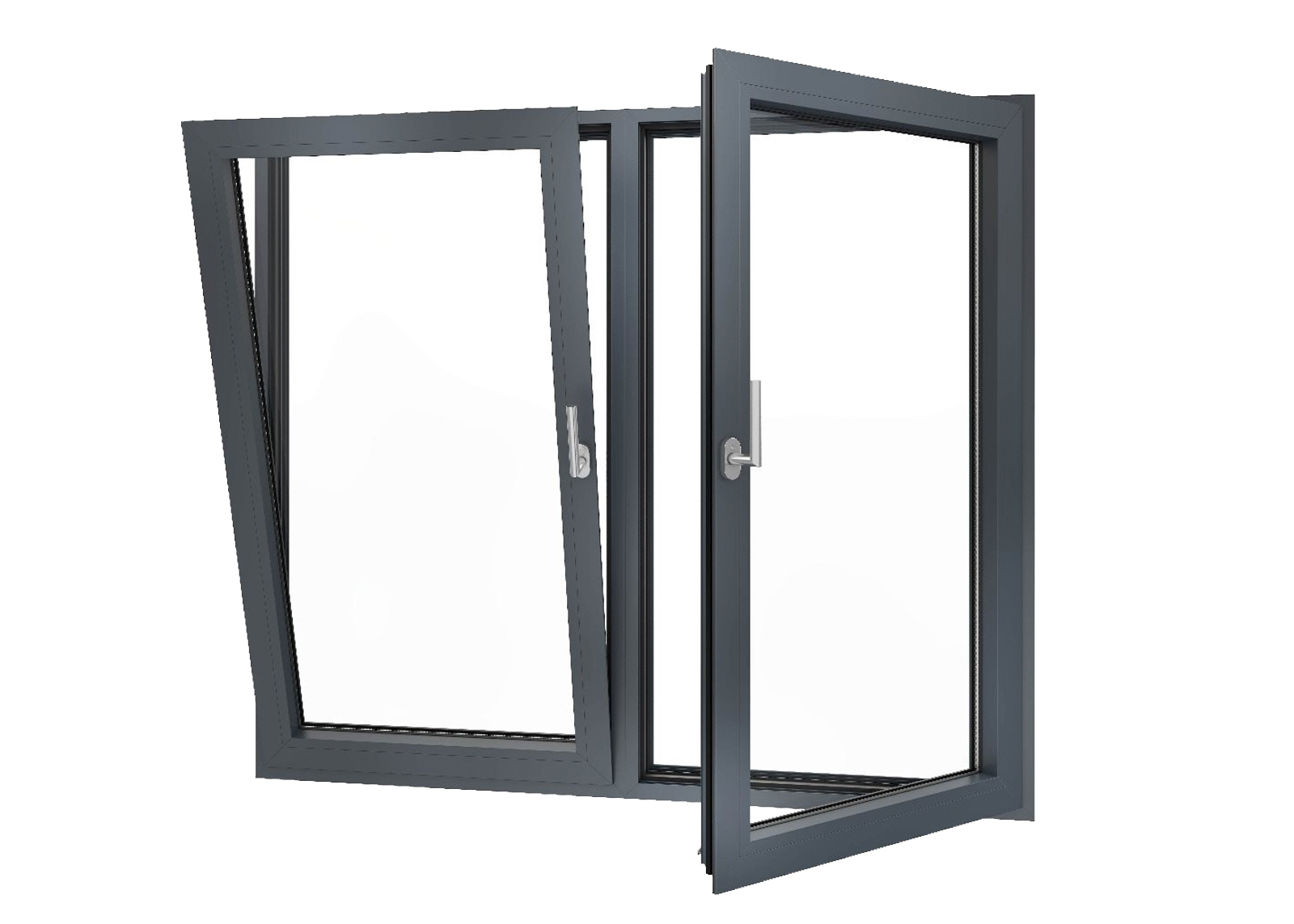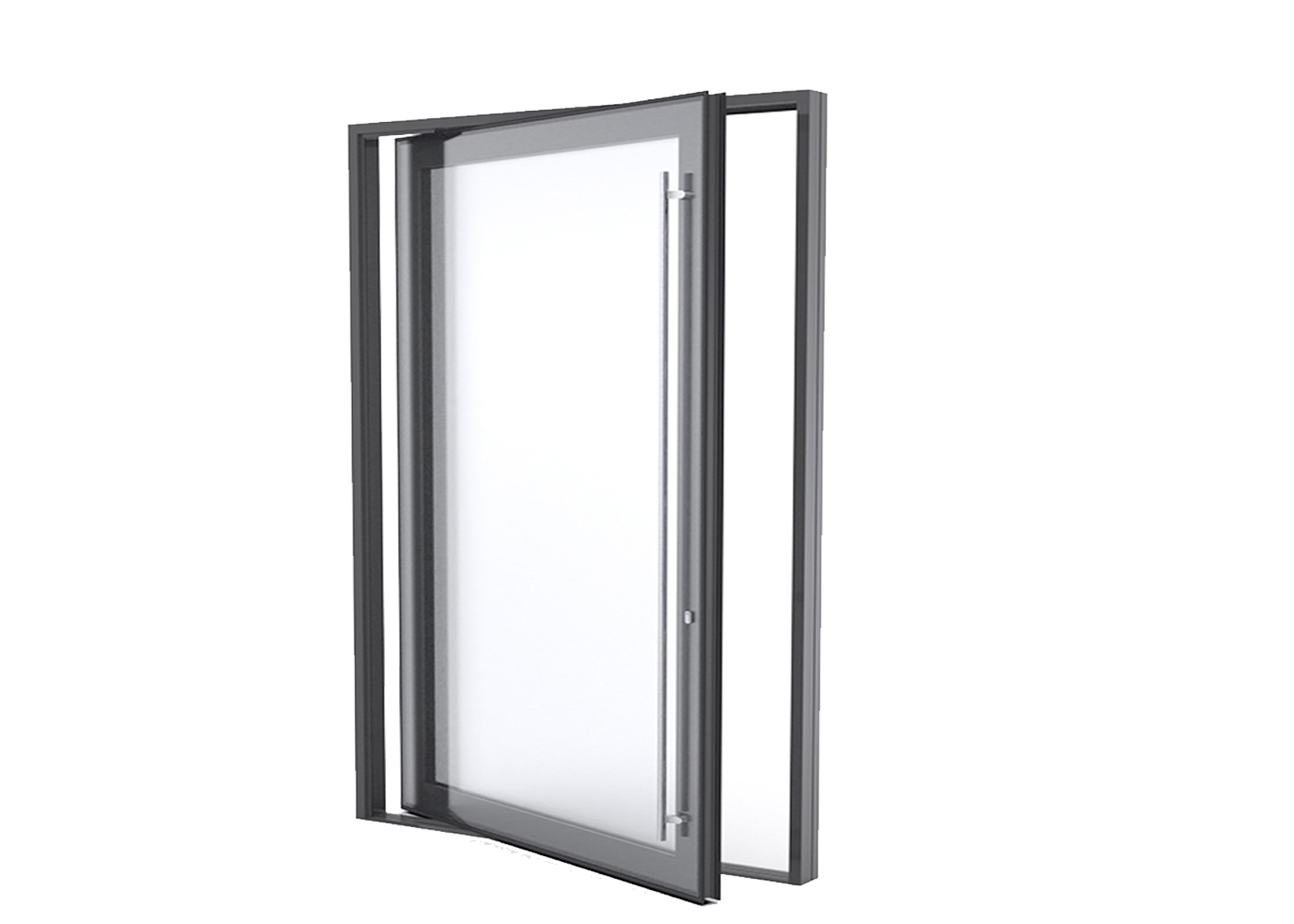Professional Windows and Doors Customization Manufacturer
Glass Options
Quick View Guide
- Glass Types
- Glass Range
- Glass Types Explained
- Enhance Your Glass Aesthetically
- Glass Range by Window Type
- Inspired Advice and Information
- Quick Quote
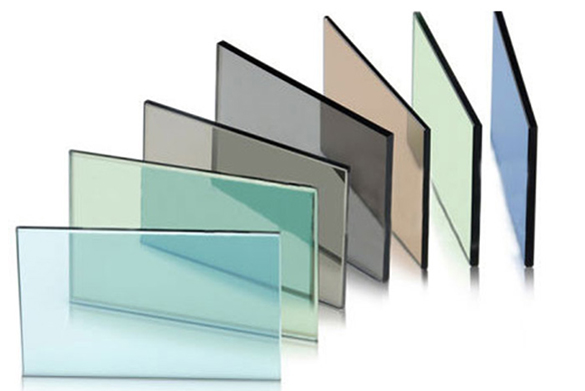
Glass Types
Float Glass
Float glass is is superior quality of flat glass having characteristics of excellent surface, uniform thickness, high optical clarity and bright appearance.
Bulletproof Glass
Bullet Resistant Glass is made jointly by the multilevel glass and pile. Total thickness varies from 20mm to 50mm. According to the difference between the thickness of bulletproof glass can resist pistols effectively, shooting of different firearms, including submachine-gun and rifle.
Laminated Glass
Laminated Glass is made by adding PVB membrane between glass plies and then heating in autoclave. Laminated glass is a kind of safety glass and is hard to break. The glass may be retained in its frame even if being broken.
Hi-Trans Low-E Glass
This type of Low-E glass has shading coefficient Sc≥0.5 which does not reduce too much solar heat. It is ideal for the northern area because it greatly saves heating costs.
Solar Control Low-E Glass
This type of glass has shading coefficient Sc<0.5 which can reduce solar heat transmission. It is very suitable to be used in the southern area where air conditioner is used for cooling.
Low-E Insulating Glass
This type of Low-E coating keeps away solar heat from outdoors while allows good natural lighting indoors. In winter, it prevents indoor heat from getting out of room through the glass so as to conserved building energy.
Tempered and Heat Strengthened Glass
Toughened glass – also known as tempered glass – is up to five times stronger than regular glass. This is achieved by heating regular glass at high temperatures (650°C) and then cooling very quickly.
Fire Resistant Glass
This new type of glass effectively provides a transparent fire wall and rated protection against heat, flame, smoke, and hot gases. It also prevents dispersion of high-temperature toxic gas, making fire fighting a little easier for firefighters.
Insulated Glass
Insulating glass comprises two or more plies of glass that are separated with aluminum spacer fully filled with desiccant, and the sides are sealed with high-strength sealant. Various types of glasses can be used to form insulating glass according to demands.
Reflective Glass
This type of Low-E glass has shading coefficient Sc≥0.5 which does not reduce too much solar heat. It is ideal for the northern area because it greatly saves heating costs.
Smart Glass
This type of glass has shading coefficient Sc<0.5 which can reduce solar heat transmission. It is very suitable to be used in the southern area where air conditioner is used for cooling.
Self-Clean Glass
This type of Low-E coating keeps away solar heat from outdoors while allows good natural lighting indoors. In winter, it prevents indoor heat from getting out of room through the glass so as to conserved building energy.
One-Way Glass
This type of Low-E glass has shading coefficient Sc≥0.5 which does not reduce too much solar heat. It is ideal for the northern area because it greatly saves heating costs.
Vacuum Glass
Vacuum glass is a new type of glass deep processing product. The structure of vacuum glass is similar to that of hollow glass, but the difference is that the gas in the vacuum glass cavity is very thin, almost close to the vacuum.
Colored Glazed Glass
Colored glazed glass is coated with a layer of ceramic glaze on the surface of float glass. After high temperature heating treatment, this layer of glaze film will be sintered on the surface of glass, never fade off.
Low-Iron Glass
Low-iron glass is a type of high-clarity glass that is made from silica with very low amounts of iron. This low level of iron removes the greenish-blue tint that can be seen especially on larger and thicker sizes of glass.
ROPO Glass Range

Noise ReducingHelps reduce the amount of noise disturbance that can enter through a window. laminate glass is added to the glass unit to help dampen sound waves, plus the argon gas gap between the panes helps achieve a quieter home. The laminate provides security benefits, as well as additional protection from UV damage
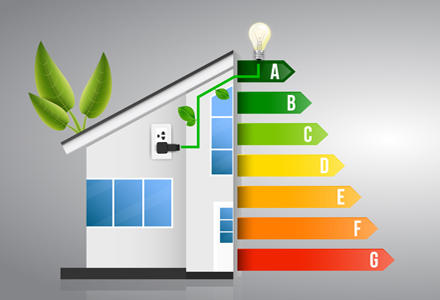
Energy EfficientEnergy-efficient glazing is the term used to describe the double glazing or triple glazing used in windows. energy-efficent glazing incorporates low-emissivity coated glass to prevent heat escaping through the windows. This makes the windows highly thermally insulating hence improving the energy efficiency of your home and helping to save money on your heating bills
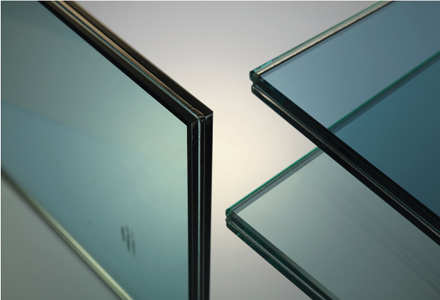
SafetyROPO's Grade-A safety glass is impact resistant to reduce the risk of harm in the event of human impactThe PVB (Polyvinyl Butyral), is the most widely used product in the impact glass market since it does great when impacted and absorbs the impact
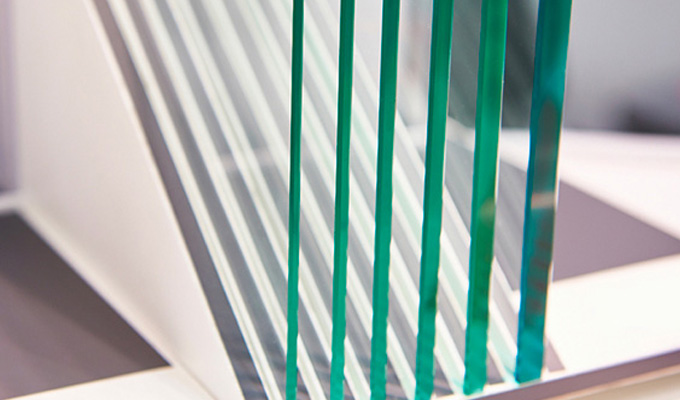
A Combination of Glass Types in Every Glazing Unit
A double glazed window has 2 panes of glass and 4 faces whilst a triple glazed window has 3 panes and 6 faces. In an individual window unit, different types of glass can be used and by combining these, we can create specific windows and doors to meet different needs.
Glass Types Explained
All the double glazed and triple glazed units in the ROPO range are made with a combination of the following glass types:
- Q: How can you tell if glass is toughened?A: Toughened glass will usually have a printed label near the edge of the glass with details of the glass standard as relevant to the Country's specific glass standards. This is usually ceramic ink applied to the glass via a silk screen prior to furnacing. This printed label then fuses and becomes part of the glass during the toughening / heating process.
- Q: Why does the toughened glass will incur self-explosion?A: 1, One of the most common reasons is that the NIS caused spontaneous breakage. 2, Moreover, if the toughened glass is not installed correctly, or if it's subject to physical shocks or vibrations, it may also shatter and explode. 3, In some cases, the toughened glass may also explode as a result of thermal stress or human impact.
- Q: How to choose the right glass for my windows and doors?A: There are 3 main areas to consider when thinking about windows and glazing for your project: natural light, solar heat gain and thermal conductivity. By choosing the right performance glass, you can enjoy your views and natural light while controlling UV and glare.
- Q: How to maintain glass after installation?A: 1, It should be cleaned with a non-abrasive cleaner or a solution of water and ammonia. 2, It is important to clean the surface regularly and avoid using harsh chemicals or abrasive materials that can scratch the toughened glass. 3, A simple mixture of water and soap can be used.
- Q: What Thick do you have for single glass?A: 4 mm, 5 mm, 6 mm, 8 mm, 10 mm, 12 mm and 15 mm
- Q: What effect does gas filling a double-glazed unit have on its performance?A: Filling with Argon gas instead of air will improve the insulating capacity of the double glazed unit. This is reflected by a lower U value than would result from the use of air. The magnitude of the benefit varies with the size of the gap between the glasses in the IGU. The use of Argon in a 12mm gap will result in an improvement of approximately 6%. ROPO only supply Argon gas as a standard across our complete double glazed range.
- Q: Why is the window U value different to that of the glass?A: The U value for a window is the combination of the U value of the glass and the U value of the frame. The frame is made of a different material to the glass so will have a different U value to the glass. The overall U values of window system using aluminium, timber or PVC frames for example will all be different even if the same glass is used in each case.
- Q: Is there a different between toughened glass and tempered glass?A: There is no difference between two. toughened glass is also called tempered glass as it goes through the heat or chemical tempering process
- Quick selection quotation
- Become ROPO Windows Partner
- Australia Homeowner Quotation
- *Name
- *Tel
- *Name
- *Tel
- *Name
- *Tel
- Custom UPVC Windows
- uPVC Casement Windows
- uPVC Sliding Windows
- uPVC Awning Windows
- uPVC Tilt & Turn Windows
- uPVC Fixed Windows
- uPVC Folding Windows
- uPVC Tilt Windows
- uPVC Hand Crank Windows
- uPVC Bay & Bow Windows
- UPVC Single Hung Windows
- UPVC Double Hung Windows
- uPVC Combination Windows
- uPVC Sound-Proof Windows
- uPVC Hurricane Impact Windows
- UPVC Passive House Windows
- Custom Aluminum Windows
- Aluminum Casement Windows
- Aluminum Sliding Windows
- Aluminum Awning Windows
- Aluminum Tilt & Turn Windows
- Aluminum Fixed Windows
- Aluminum Folding Windows
- Aluminum Tilt Windows
- Aluminum Hand Crank Windows
- Aluminum Bay & Bow Windows
- Aluminum Single Hung Windows
- Aluminum Double Hung Windows
- Aluminum Combination Windows
- Aluminum Fold UP Windows
- Aluminum Hurricane Impact Windows
- Australian Chain Winder Awning Windows
- Aluminum Gas Strut Windows
- Aluminum Parallel Opening Windows
- Aluminum Louver Windows
- Custom Timber Windows
- Custom Aluminium Wood Windows
- Custom UPVC Doors
- Custom Aluminum Doors
- Custom Timber Doors
- Custom Aluminium Wood Doors
- Custom Garage Doors
- Custom Interior Doors
- Custom Glass Railings
- Custom Shower Screen
- Custom Hurricane Shutters
- Sunshade Series

- Name:
- Benson
- Tel:
86-591-87147106
- Email:
- sales@ropowindows.com
- WhatsApp:
- https://wa.me/8615980112550
- Address:
- Address: No. 1 Phase, Tieling Technical And Economic Development Zone, Minhou County, Fuzhou City, Fujian Province, China
















